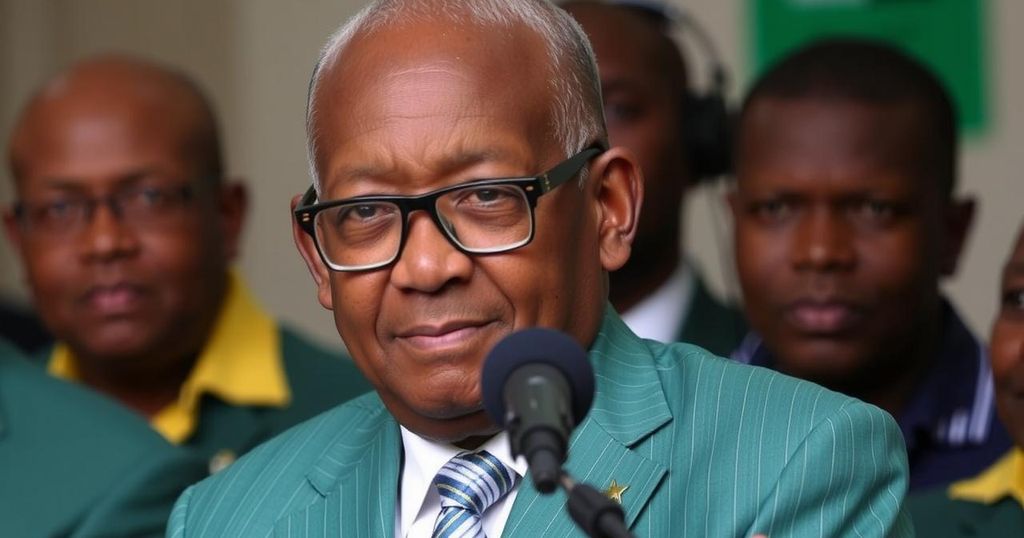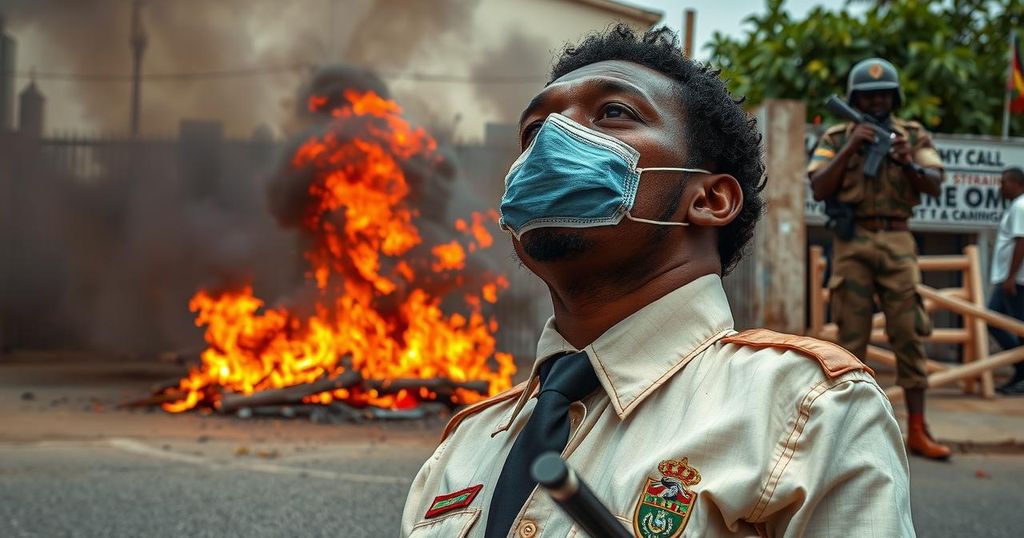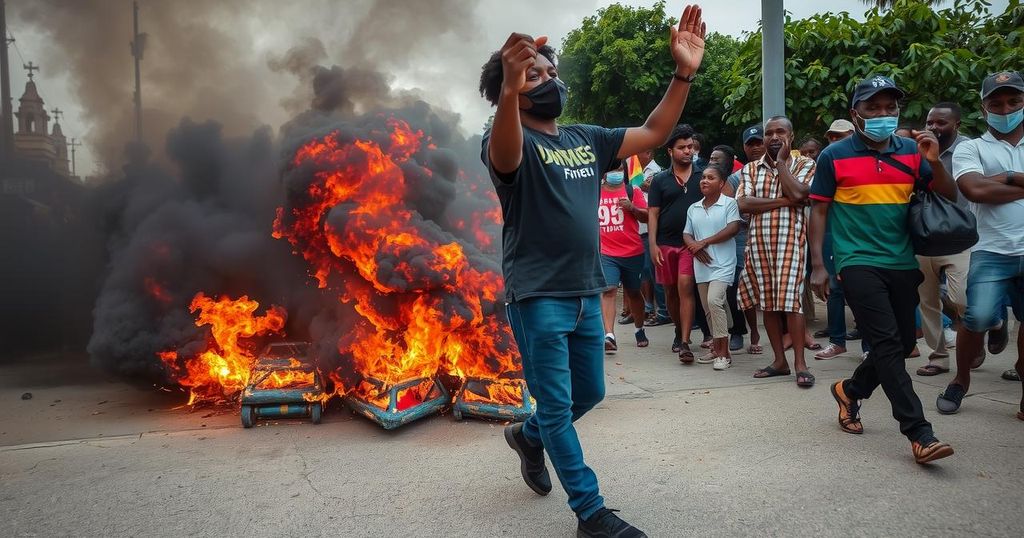World news
AFRICA, CHA, CONSTITUTIONAL COUNCIL, CORRUPTION, DANIEL CHAPO, DEMOCRACY, ELECTORAL COMMISSION, EUROPE, FRELIMO, GOVERNANCE, JUDITE SIMAO, MAPUTO, MOZAMBIQUE, NACALA - PORTO, OPPOSITION, PLATAFORMA DECIDE, POLITICS, PORTO, PORTUGAL, SOUTH AFRICA, TV SUCESSO MOZ, VENANCIO MONDLANE
Maya Ramirez
0 Comments
Mozambique’s Top Court Confirms Frelimo’s Controversial Election Victory
Mozambique’s top court confirmed Frelimo’s victory in a disputed election, leading to widespread protests and violence with over 130 casualties. Daniel Chapo was declared president, but discrepancies in vote tallies compared to reports from the electoral commission fueled unrest. The election has drawn criticism for not being free or fair, impacting foreign businesses and the country’s economic outlook for 2024.
Mozambique’s Constitutional Council upheld the ruling party, Frelimo’s, victory in the October election, despite widespread protests from opposition factions alleging electoral fraud. The announcement confirmed that Daniel Chapo would serve as president, although the council reported he received approximately 65% of the votes, in contrast to the electoral commission’s earlier claim of over 70%. This discrepancy has elicited further dissatisfaction, prompting significant unrest across the nation, especially in the northern city of Nacala-Porto, soon after the decision was revealed.
Opposition groups have contested the legitimacy of the election, reporting that at least 130 individuals were killed in violent confrontations with law enforcement. Critics argue that Frelimo has maintained an oppressive grip on power since the country’s independence in 1975, consistently facing accusations of electoral impropriety. In light of the crisis, foreign businesses, such as the Australian mining company South32, have been affected, and the main border with South Africa has faced temporary closures due to unrest. Moreover, a senior official from the International Monetary Fund revised Mozambique’s economic growth estimate for 2024 downward, attributing this revision to the conflict and the recent impacts of Cyclone Chido.
The recent elections in Mozambique have garnered significant attention due to a complex historical context marked by political strife and accusations of electoral manipulation surrounding the ruling party, Frelimo. Established in 1975, Frelimo has consistently faced scrutiny regarding its governance, particularly during electoral processes deemed controversial by international observers. This cycle of voting, specifically the October election, has ignited unprecedented levels of civil disobedience, making it pivotal in understanding current political dynamics and civil unrest in Mozambique, home to approximately 35 million citizens.
The confirmation of Frelimo’s election victory by Mozambique’s Constitutional Council not only reinforces the party’s historical hold on power but also highlights deep-seated concerns regarding electoral integrity and civil liberties. The subsequent uprisings indicate a populace increasingly willing to confront governmental authority amidst claims of political malpractice. As the country grapples with violence and unrest, the broader implications for its economy and international relations remain critical areas for monitoring in the upcoming year.
Original Source: www.cnn.com




Post Comment